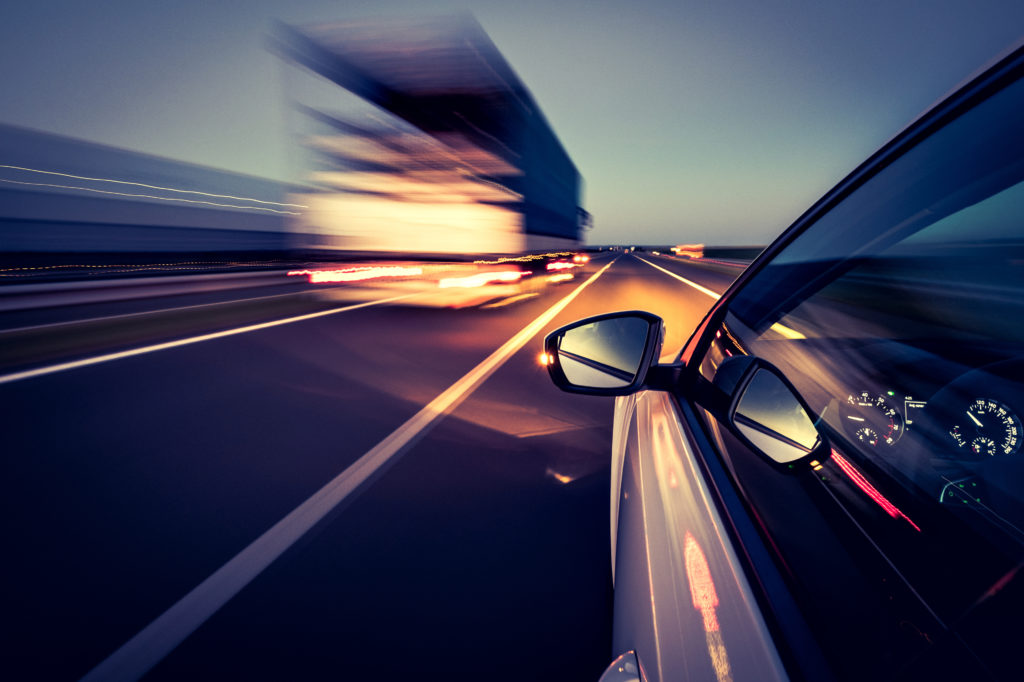
Articles
The Secret to a Happy Holiday: Create a Plan to Reduce Stress and Improve Sleep
There’s a reason you’re seeing more stories about the ways holiday stress impacts your health. While stress about COVID-19 has…
Introducing SleepScore
We deliver accurate data, actionable insights, personalized coaching and proven outcomes your customers need.
Sleep Insights
Last Published on 8th October 2018 by SleepScore Labs

Your eyelids droop, your head bobs. You doze off for what feels like a split second and wake to screeching tires and swerving lights. You may not have experienced something this dramatic, but if you’re like 43% of American adults, chances are you’ve fallen asleep behind the wheel at some point.
Drowsy driving contributed to 824 deaths in 2015 – a number many experts agree severely underestimates the actual rate due to how fatigue-related accidents are reported. While falling asleep behind the wheel is extremely dangerous, driving while fatigued impairs your ability to drive safely which is one of the main reasons why sleep is important. Response time, attention, and decision-making capabilities all suffer when you’re sleep-deprived. And anyone who drives knows these are all things necessary for safely getting from A to B.
You may think you’re okay to drive after only a few hours of sleep, but this can be as dangerous as thinking the same thing after having a few drinks. In fact, studies have shown that sleep-deprived drivers make as many safety-critical errors as drunk drivers. One study found comparable impairments from sleep-deprivation and having a blood-alcohol concentration of just .05% (in the US, .08% is legally drunk).
Adults 18-29 are most likely to drive drowsy, and men are more likely than women to get behind the wheel when sleepy. Most drowsy driving accidents happen between midnight and 6am, with the majority occurring on high-speed, long, or rural highways. This is not to say drowsy driving doesn’t occur elsewhere!
Most drivers involved in drowsy driving crashes don’t recall experiencing any symptoms before falling asleep behind the wheel. Even if you’re not feeling sleepy, here are some signs that say you should pull over:
If you experience any of the above, rolling down your windows, blasting the AC, or cranking up the music might not be enough to keep you alert.
Here are some tips to avoid drowsy driving and stay safe on the road:
If you feel sleepy and have to continue driving, drinking caffeine can help, but your safest bet is to pull over and find a safe place to take a nap or stop and spend the night.